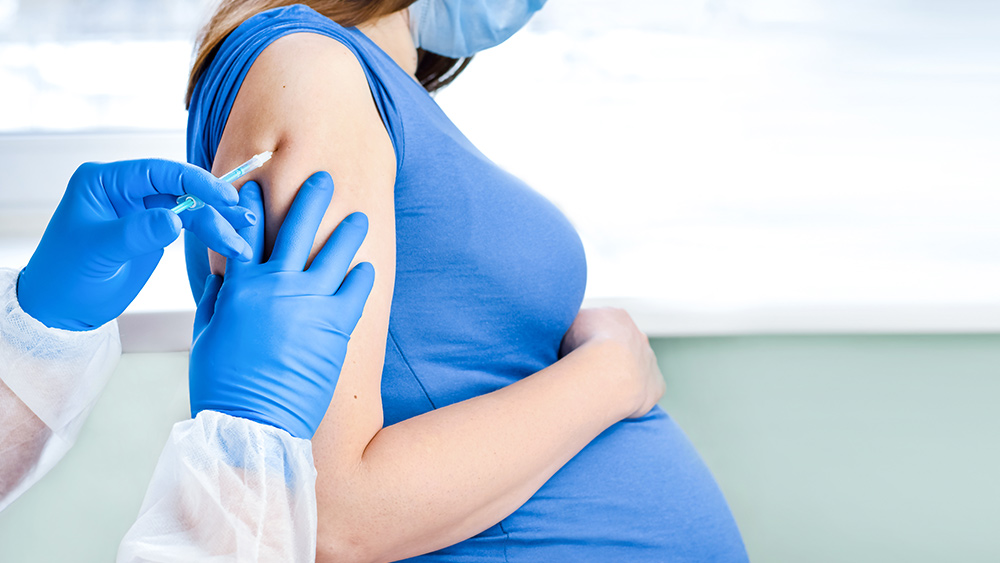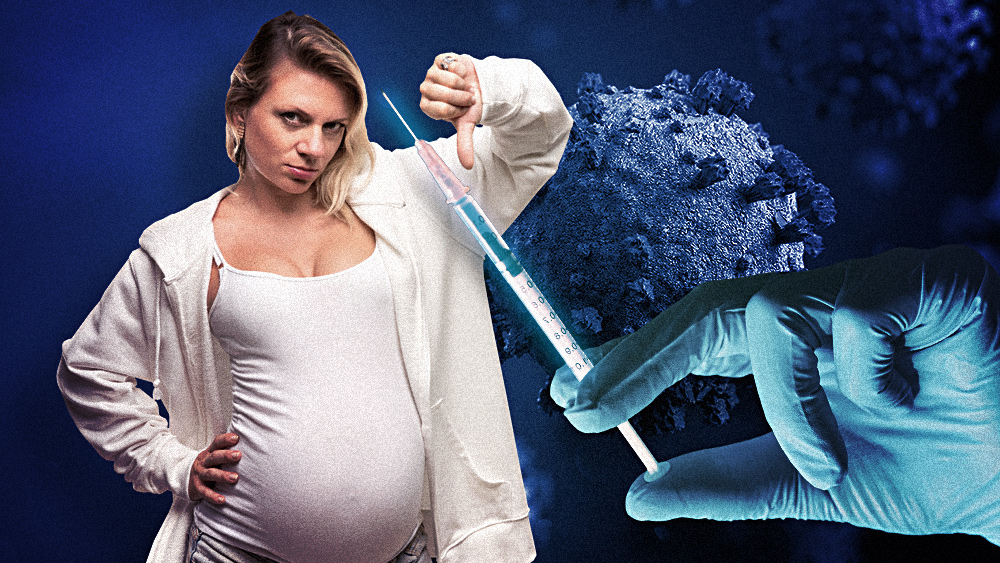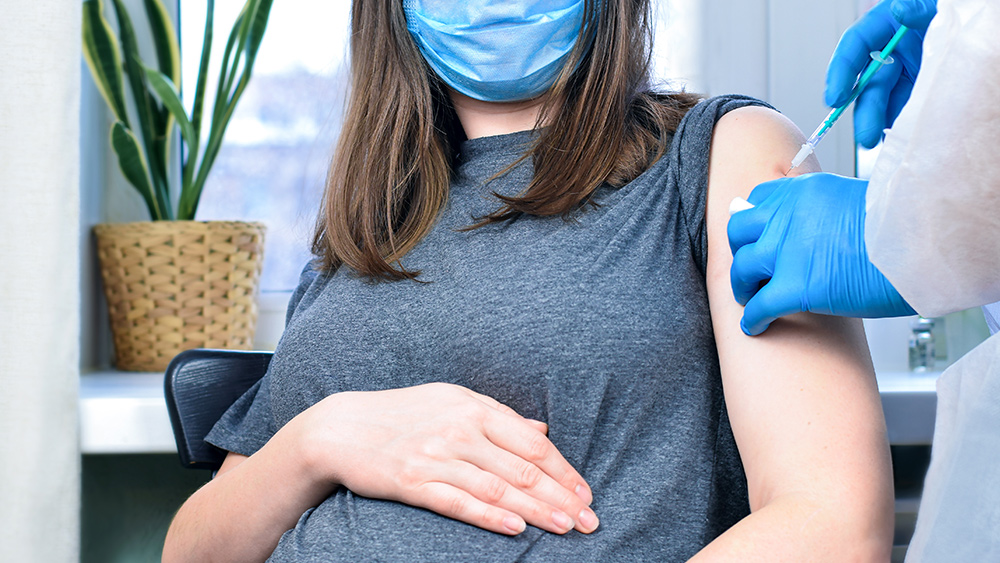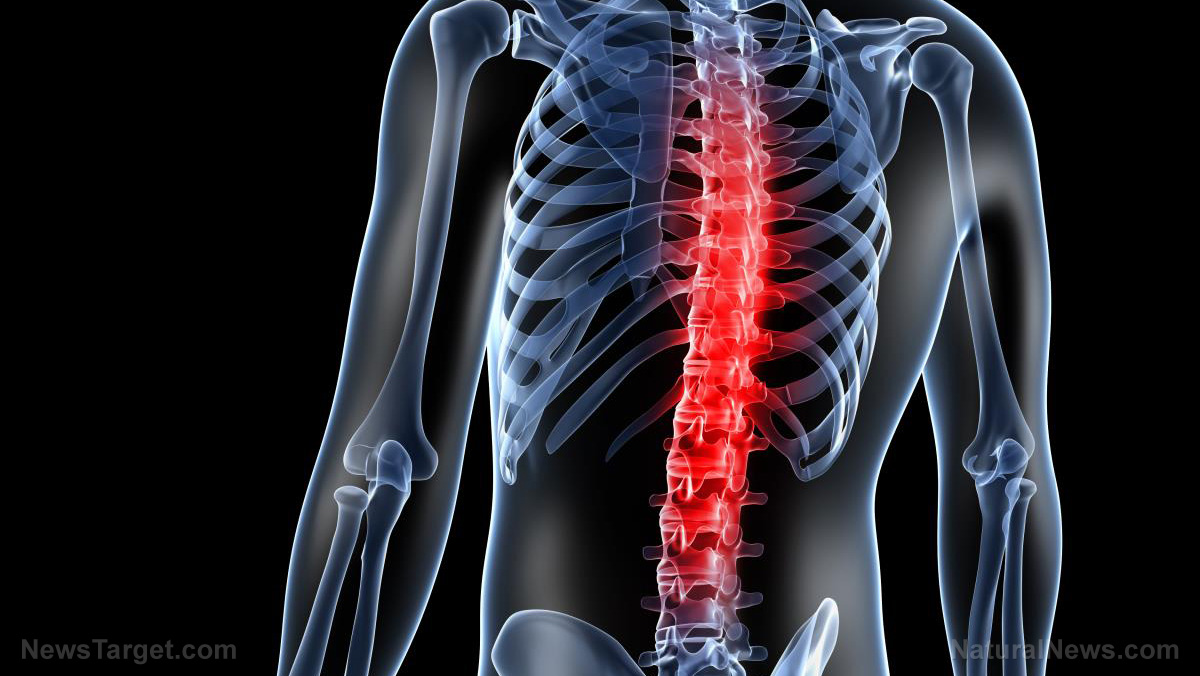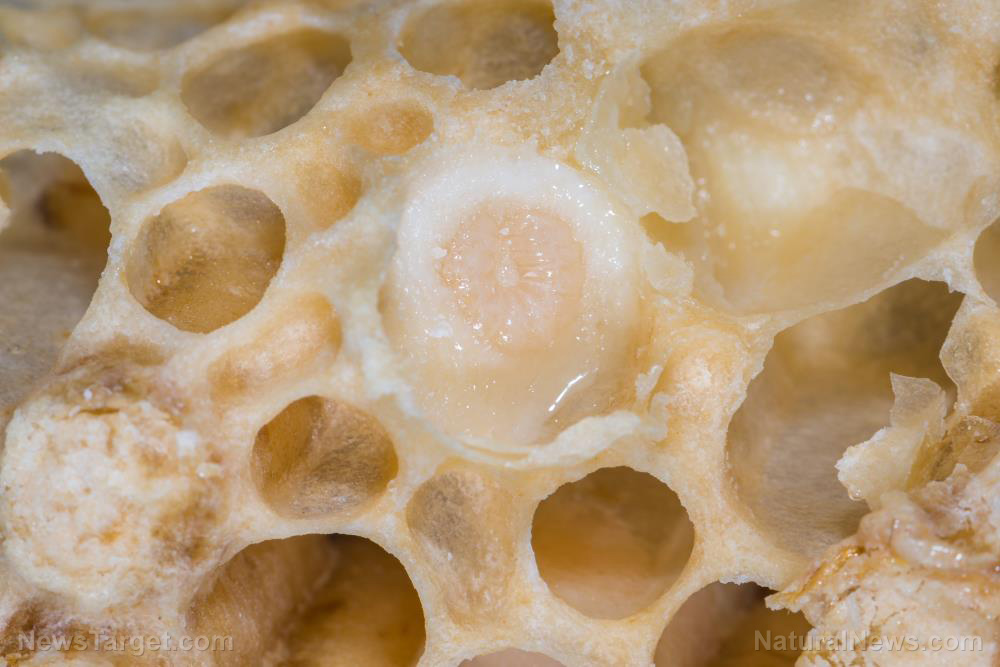Babies born during the pandemic have lower IQs than those born pre-pandemic, studies reveal
01/13/2022 / By Olivia Cook
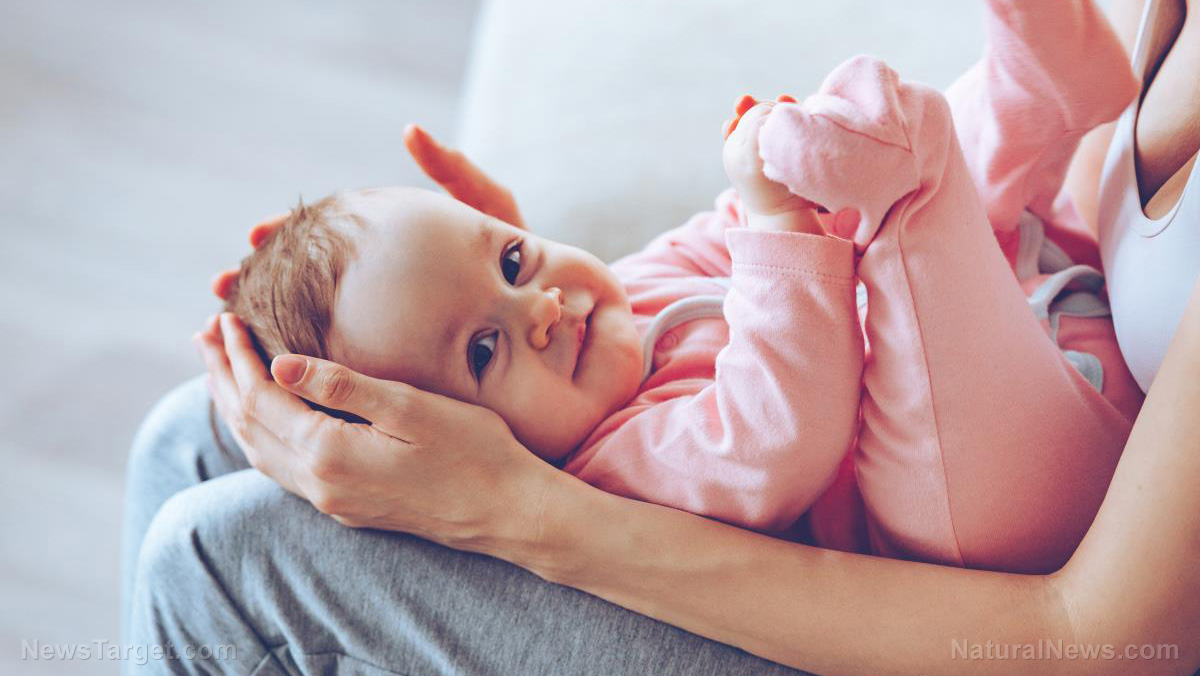
Recent studies on the Wuhan coronavirus (COVID-19) found that babies born during the pandemic have slightly lower IQs compared to pre-pandemic babies.
But parents, especially COVID-19 infected mothers, need not worry nor feel guilty as they are not to be blamed for the IQ difference, which is fortunately reversible.
“The babies born during the health crisis had slightly lower scores on fine and gross motor skills and social development skills or personal interactions,” and these early findings by researchers in New York and published on JAMA Pediatrics “support the need for long-term monitoring of children born during the COVID-19 pandemic.” (Related: Children born during the COVID-19 pandemic have significantly lower IQ scores, most likely due to masking of mothers.)
Another group of researchers led by pediatrician Sean Deoni of Boston University had the same findings. Deoni, lead author of the longitudinal study involving 672 children from Rhode Island that began in 2011, said that babies born during the pandemic showed a drop of 22 points from the average IQ score of 78 from previous groups.
According to Dr. Dani Dumitriu of Columbia University and the New York State Psychiatric Institute, researchers tracked 255 full-term infants during the pandemic, including 144 whose mothers had COVID-19 during pregnancy, and compared them with 62 infants born before the pandemic.
Maternal COVID-19 infection has no effect on babies’ brain development
The study found “absolutely no effect of maternal infection with SARS-CoV-2 on neurodevelopment.”
Dumitriu also clarified that the findings do not necessarily mean that infants born during the pandemic will suffer long-term consequences as “assessments at six months are poor predictors of long-term outcomes.”
Ruling out a direct effect of the coronavirus on the IQ decline as infected mothers were excluded from the analysis, the New York researchers pointed out “reduced interaction with parents and less outdoor exercise are likely the culprits,” along with effects from anxieties or stresses, including depression, from their mothers.
Another study covering 281 mothers who were pregnant during the initial COVID-19 outbreak in northern Italy found that those who became mothers during the COVID-19 emergency “may be at high risk for affective problems” (e.g., prolonged sadness, irritability or anxiety, feelings of guilt, difficulty concentrating) and that dedicated preventive programs are needed to “provide adequate support and care for maternal mental health during and after the pandemic.”
Dr. John Torres, NBC News senior medical correspondent, confirmed that the stress mothers endure during early pregnancy can affect their babies once they are born. He said the New York study showed that pandemic stress during pregnancy can affect the baby heavily.
That’s why researchers are saying that children who are born during the pandemic need to be followed closely throughout their lives, especially their early lives, to make sure that they’re going to be okay and that they could get the help they need, if and when necessary.
Constant human interaction needed to enhance child development
In an NBC4 live-streaming interview, pediatric psychologist, Dr. Tyanna Snider said that constant human interaction goes a long way toward enhancing child development, especially during the pandemic era.
Snider advised parents to constantly interact with their babies, regardless of whether they were born before or during the pandemic, and continue to do so from their infancy up to middle childhood.
In another interview via Zoom, Dr. John Williams, chief of Pediatric Infectious Diseases at the University of Pittsburg Medical Center (UPMC), said it’s premature to conclude that infants and toddlers are losing IQ points as “this is not yet a peer-reviewed study.”
Williams emphasized that regular and continuous “interaction is key” toward recovery of these points.
The Centers for Disease Control and Prevention (CDC) identified pregnant women as a vulnerable sector during the pandemic.
Although COVID-19 is rarely found in a developing fetus or in newborns with infected mothers, there are other concerns like stress to worry about as chronic stress among pregnant women may lead to complications like impaired fetal development, low birth weight, and neurodevelopmental problems.
The good thing is their effect on babies, if ever, can be detected and corrected.
Watch the video below about new advice on COVID-19 vaccination for pregnant women.
This video is from the DTrain channel on Brighteon.com.
Follow Pandemic.news to read the latest articles about the impact of COVID-19 on mothers and children.
Sources include:
Tagged Under: brain development, brain function, brain health, children's health, covid-19, discoveries, health science, infant's health, IQ, mental health, pandemic, pandemic babies, pandemic-related stress, research, women's health
RECENT NEWS & ARTICLES
COPYRIGHT © 2017 WOMENS HEALTH NEWS



